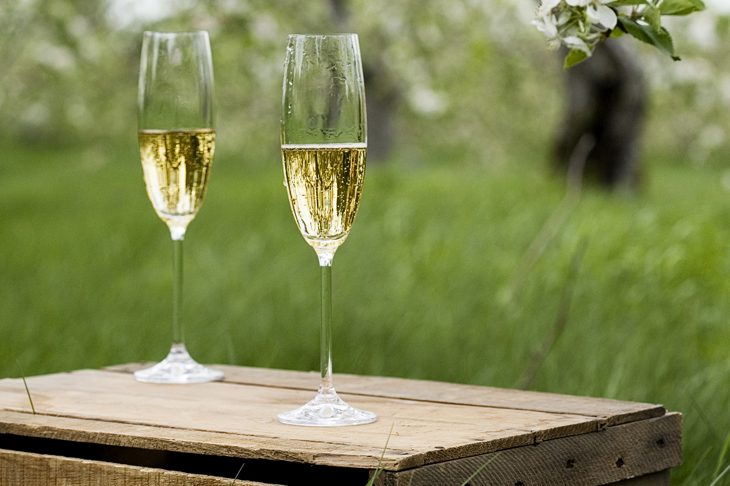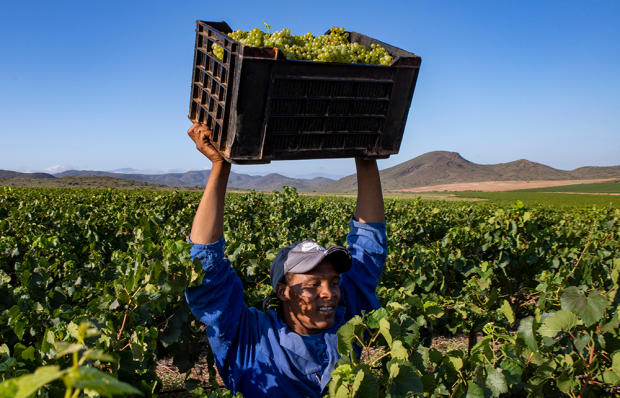I once witnessed a rarer spectacle than Halley’s Comet. I heard Ted Heath tell a funny story. It related to the mid-fifties. Le grand épicier, then chief whip, found himself bear-leading Field Marshal Montgomery on a visit to a racecourse. Pol Roger, a horse belonging to Churchill, was expected to win. The principles of betting were explained to Montgomery, who declared he would wager sixpence on Winston’s horse. Intakes of breath all round. Someone suggested sixpence would not quite do. Monty then agreed to hazard half a crown.
There was only one problem. The nag did not oblige. In the face of defeat, some losers would have taken the war to the bookies — and become compulsive gamblers. Not the Field Marshal. From the way he moaned for the rest of the afternoon, it might have been assumed he was condemned to a penurious old age. If he had not been a great man, there would have been plenty of volunteers to fish for a half-crown and shove it at him, saying: ‘Take that and shut up.’
I remembered that story the other afternoon as we drank Polly Roger at Glyndebourne, before a performance of La traviata. I cannot make up my mind about that entertaining work. As I have never seen a musical I may not be entitled to an opinion, but I have always assumed that, on an intellectual level, a lot of Italian opera is not far above the best musicals. The death of Violetta ought to make one’s eyes scent onions. Perhaps mine eyes have become old and leathery and cynical, but they stayed dry. I could not help feeling she was being an unconscionable time a-dying. Come on, girl: get on with it.
Leave on one side Brünnhilde or Isolde, which leave one ravaged to the soul, the music cascading through the blood stream for at least the next week, the passing of Mimi and especially Butterfly ought to be saluted by tears, else the production is lacking. The trouble with Verdi — Don Carlo apart — is that he was too Italian, and with banal political views: lobotomised liberalism.
Apropos of the banalities of liberalism, Glyndebourne has a wind turbine. Absurd economically, jarring aesthetically, it looks like something left over from a stage production of Wells’s War of the Worlds. Yet that does not really matter. Sub specie aeternitatis, it is merely a piece of discarded agricultural machinery: a testament to some farmer’s naivety, or a silly subsidy regime, or both. It would require Kipling to describe the beauty of the Sussex countryside, but he understood the country was never a museum. It was a living landscape, because men lived in it and had to make a living out of it. Hence, for a season, wind power. Kipling’s Sussex combines Belloc’s beer mug and a hint of Wagner’s God-haunted forests: a coalition between man and Pan. Pan will survive the wind machine.
Apropos God-haunted, there is nothing sinister about the fields and woodlands around Glyndebourne. Here, any spiritual presences will be nymphs or dryads. There are also the sheep: stolid creatures who take their sustenance and brains from the grass. All flesh is grass, but the sheep, far more than the wind turbines, are also a living lesson in English economic history. During much of the Middle Ages, English wool was exported to Flanders, so the Flemings enjoyed the value-added for turning the sheep-harvest into expensive cloth. The English then became wiser and learned to exploit their natural resource. Was that the first example of English economic self-assertion against Europe?
With our picnic, we drank a Savigny-lès-Beaune 2011 from that superb house, Simon Bize, followed by a Château l’Evangile 2010. Seriously good but still young, it might mature into greatness. Glyndebourne, eternally young, has already matured into greatness, despite the wind turbine.
Got something to add? Join the discussion and comment below.
Get 10 issues for just $10
Subscribe to The Spectator Australia today for the next 10 magazine issues, plus full online access, for just $10.
You might disagree with half of it, but you’ll enjoy reading all of it. Try your first month for free, then just $2 a week for the remainder of your first year.















Comments
Don't miss out
Join the conversation with other Spectator Australia readers. Subscribe to leave a comment.
SUBSCRIBEAlready a subscriber? Log in